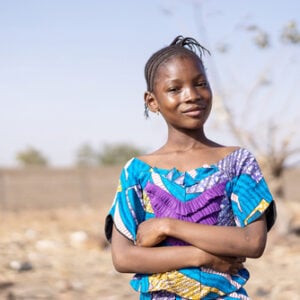The International Livestock Research Institute (ILRI), with support from the Bezos Earth Fund and the Global Methane Hub, has launched a three-year, US$3.35 million initiative called Accelerating Reduced Emissions in Indigenous Breeds in Africa. As part of the Global Methane Genetics Initiative, the project will use advanced science and the genetic potential of indigenous cattle to reduce methane emissions while improving productivity, food security, and climate resilience for millions of smallholder farmers across Africa. Livestock in the region contribute significantly to global methane emissions, with cattle responsible for 70% of emissions in sub-Saharan Africa, and without intervention, these levels could triple by 2050.
The program will measure methane emissions and production traits in thousands of cows across Benin, Burkina Faso, Ethiopia, Kenya, and South Africa using advanced detectors and digital tools, while also profiling microbial communities to better understand links between rumen microbes, productivity, and emissions. By applying modern genetic tools, the initiative will breed climate-smart cattle that are more heat-tolerant, resource-efficient, and emit fewer greenhouse gases, with these improvements integrated into national breeding programs.
Capacity building is a central focus, with efforts to train technicians, strengthen breeding centers, and make accessible rankings of bulls and cows available to farmers. Coordinated by ILRI from Ethiopia and Kenya, the project will work with partners in Africa and globally, including CIRAD, CIRDES, and Wageningen University & Research, as well as networks like URUS and GENUS to ensure widespread adoption through breeding centers and farmer groups.
Over the long term, the initiative aims to achieve a 12% reduction in livestock methane over 20 years, with productivity improvements expected to lower methane emissions per litre of milk by 20–25% within five years. Public genomic data will be released to support affordable breeding improvements. By creating access to more productive and climate-resilient livestock, particularly for women and youth, the initiative offers a permanent and cost-effective pathway for methane reduction while securing the future of African farming communities.







